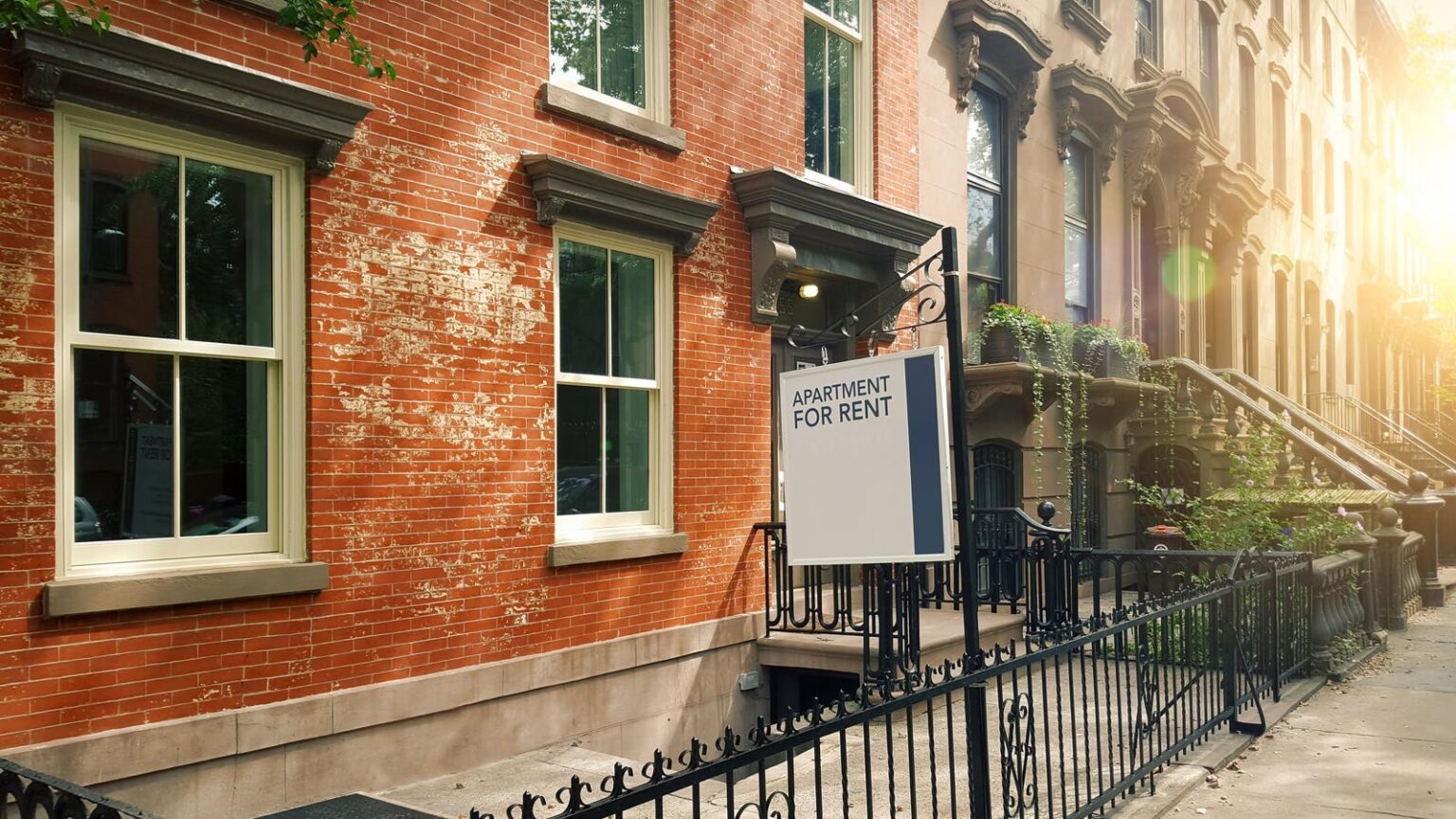Sergii Starostin is the co-founder and CEO of Outpost Club, a real estate technology platform.
In 2022, New York City authorities hit short-term rental owners with a surprise: Local Law 18. The city began enforcing the law in 2023 and altered the short-term rental landscape by imposing strict criteria on properties being rented for less than 30 days.
Some of these regulations include requiring hosts to be present during guest stays and limiting the number of guests to two people, regardless of the size of the space. The law also prohibits booking platforms like Airbnb from processing transactions for unregistered short-term rentals, the NYC Office of Special Enforcement said.
Because of these rules, some property owners have opted for risky alternatives. I’ve been entrenched in the New York real estate market for more than eight years now, serving as the co-founder of a network of co-living spaces. Here are a few of my tips that can help landlords adapt to the evolving market.
The Rise Of A Rental Black Market
In the midst of the regulatory pressure in New York’s short-term rental scene, some landlords saw the black market as a supposed solution. This rental method essentially means allowing guests into the rental without proper documentation or government oversight. “People are listing short-term rentals on social media and lesser-known platforms, bolstering a rental black market in New York City,” Wired reported.
The rationale behind why some are opting for this route is straightforward: With high demand for housing in the densely populated boroughs of New York, there are short-term rental seekers willing to turn to unregulated listings. However, offering apartments for rent in this manner can come with risks, such as property destruction, as those who come through the back door might not be held liable; robbery or property theft; or risk of payment failure or legal repercussions.
Each of these risks alone is enough to justify considering legal options for renting out apartments. Landlords have two primary methods to generate income from their properties: short-term rentals that comply with Local Law 18 and long-term housing options. Let’s delve into both.
Short-Term Rentals
Short-term rentals can offer New York landlords some advantages. Firstly, they can provide an opportunity to maximize profits during periods of increased tourist influx, such as holidays. In my experience, demand for housing is exceptionally high at these times, which can lead to higher prices. Secondly, landlords can adjust rental rates promptly and avoid long-term lease commitments. Lastly, short-term rentals afford flexibility for landlords if they choose to use the property for something else down the line.
However, these benefits also come with drawbacks, such as the risk of apartment damage, which can lead to higher regular maintenance and operating costs for the host. Another potential drawback of short-term rentals is the challenge of consistently finding guests. There could be periods where a landlord is unable to generate income. This market can also be vulnerable to external disruptions. For example, during the Covid-19 pandemic, Airbnb owners were given mandatory guidelines surrounding masks, social distancing and cleaning. The number of listings also dropped significantly when travel was restricted.
With Local Law 18 affecting short-term rentals, landlords need to ensure they familiarize themselves with regulations. For example, hosts are required to register with the city of New York to rent on a short-term basis. Hosting more than two guests, failing to provide access to all rooms, not being present during the guests’ stay or violating any of the other rules could result in fines up to $5,000, according to the New York Times. As such, landlords should meticulously review the restrictions and any requirements for registering their short-term rental to ensure they’re in compliance.
Long-Term Rentals
Long-term rentals can also provide an opportunity for landlords. Approximately 69% of residents in New York are renting their homes, according to the New York City Comptroller’s Office. For a city with a population of more than 8 million people, that is a sizable market to tap into.
In addition to direct rentals, landlords can consider offering co-living options, where they have their own private bedroom while sharing common areas like the kitchen, living room, bathrooms and amenity spaces with their suitemates. While this might not be convenient for people with children, it can be a potential solution for those living alone.
These spaces are gaining popularity, especially among millennials and Gen Zs, for various reasons. They can allow people to avoid the extra expenses and time associated with purchasing furniture, managing utilities and finding roommates. For landlords, two advantages of a co-living business include the long-term security of having a paying tenant and the ability to profit more from fewer square feet. However, a disadvantage to keep in mind is that the co-living business model might require an initial investment.
When offering long-term rental options, leveraging modern technologies for remote management could be beneficial. Landlords can consider investing in remote access solutions like digital intercoms and locks from reputable companies. Additionally, installing electricity usage sensors and water consumption monitors can detect potential issues early on. Online platforms for rental applications, screenings, agreements and payments can also be used to help streamline processes. Lastly, I recommend cleaning and staging apartments for photo shoots and creating a 3D model of the unit to speed up tenant searches.
Final Verdict
So, in light of Local Law 18, landlords have options for both short-term and long-term rentals. For those aiming to maximize profit from limited space while seeking stability and tenant reliability, long-term rental options are worth considering. Conversely, for those looking to take advantage of the surge in vacationers in New York, short-term rental options might be a better fit. Both options have their pros and cons, but the key is adapting swiftly while staying on the right side of the law.
Forbes Business Council is the foremost growth and networking organization for business owners and leaders. Do I qualify?
Read the full article here














